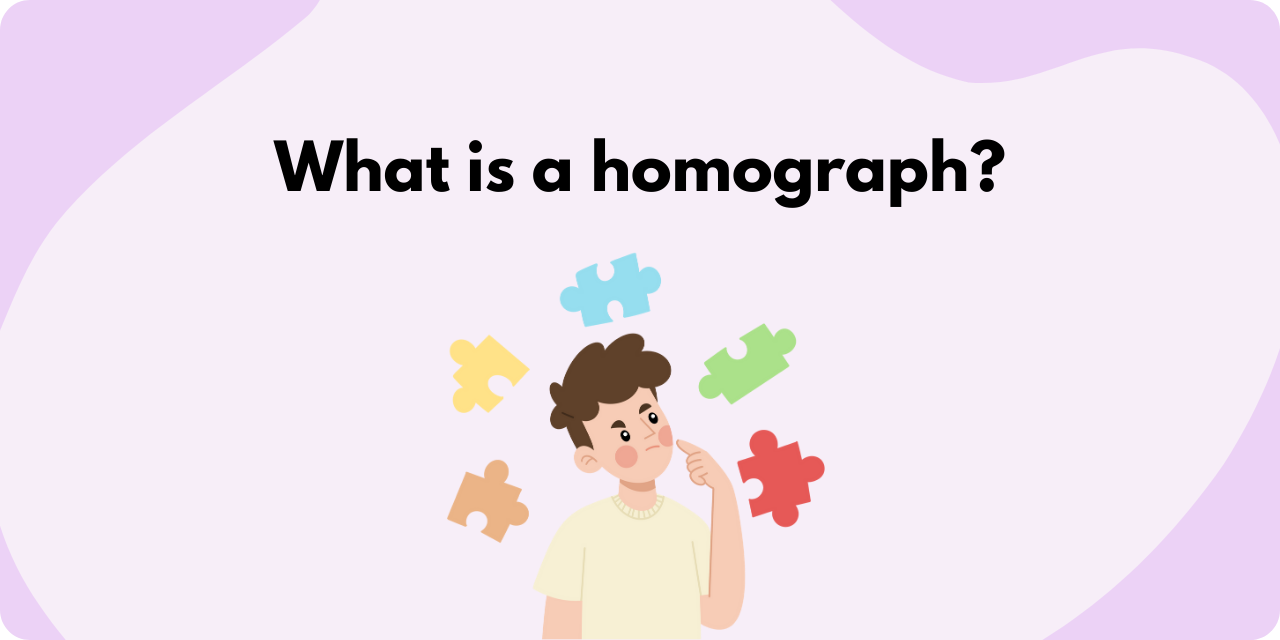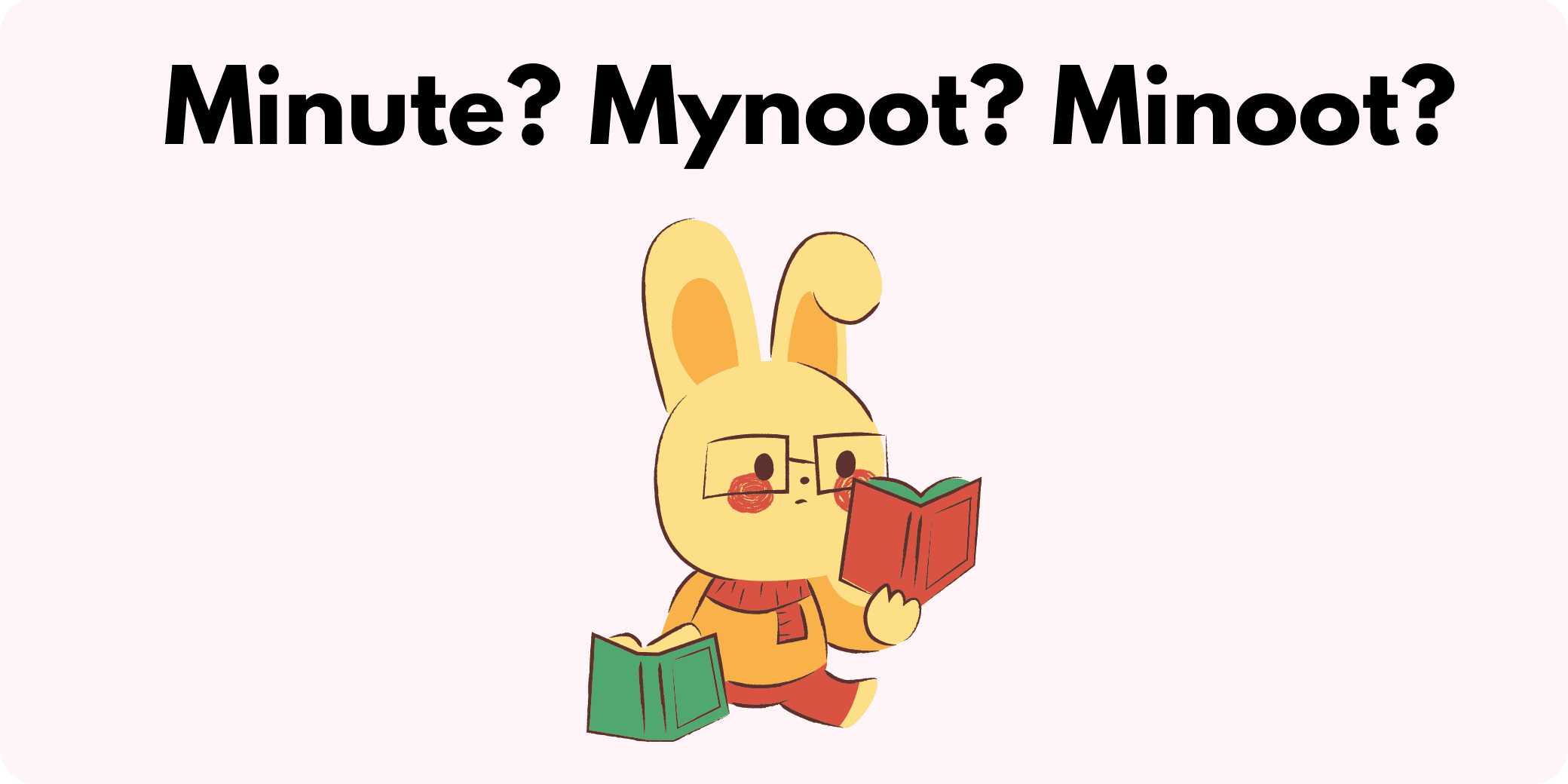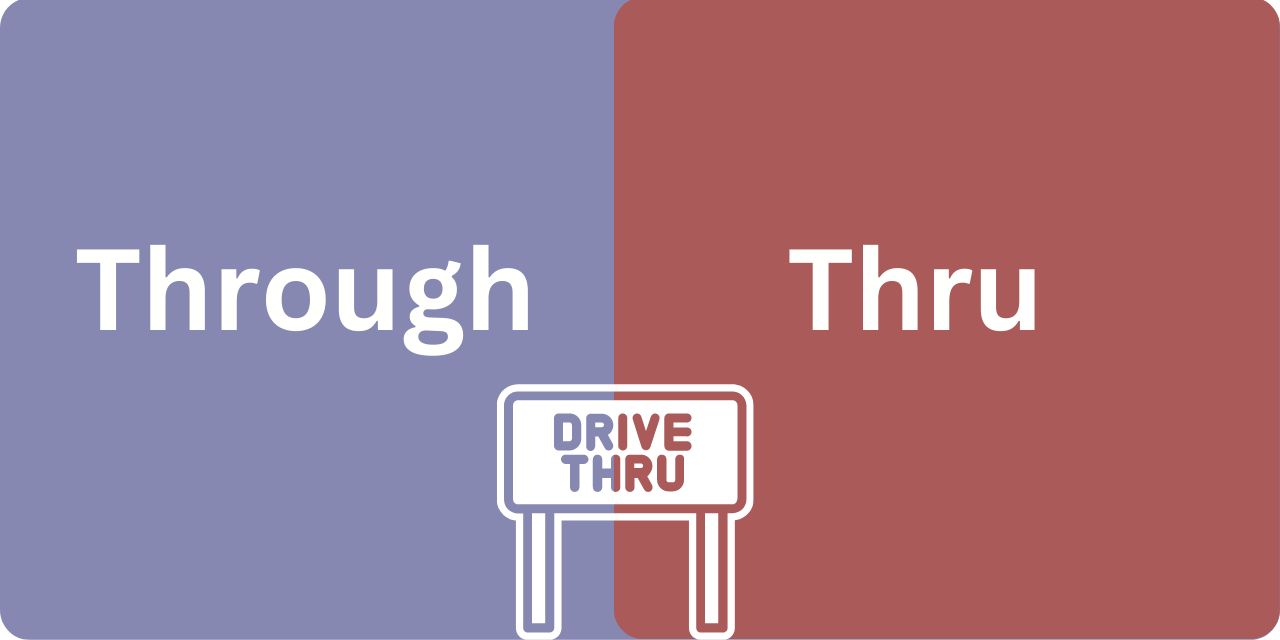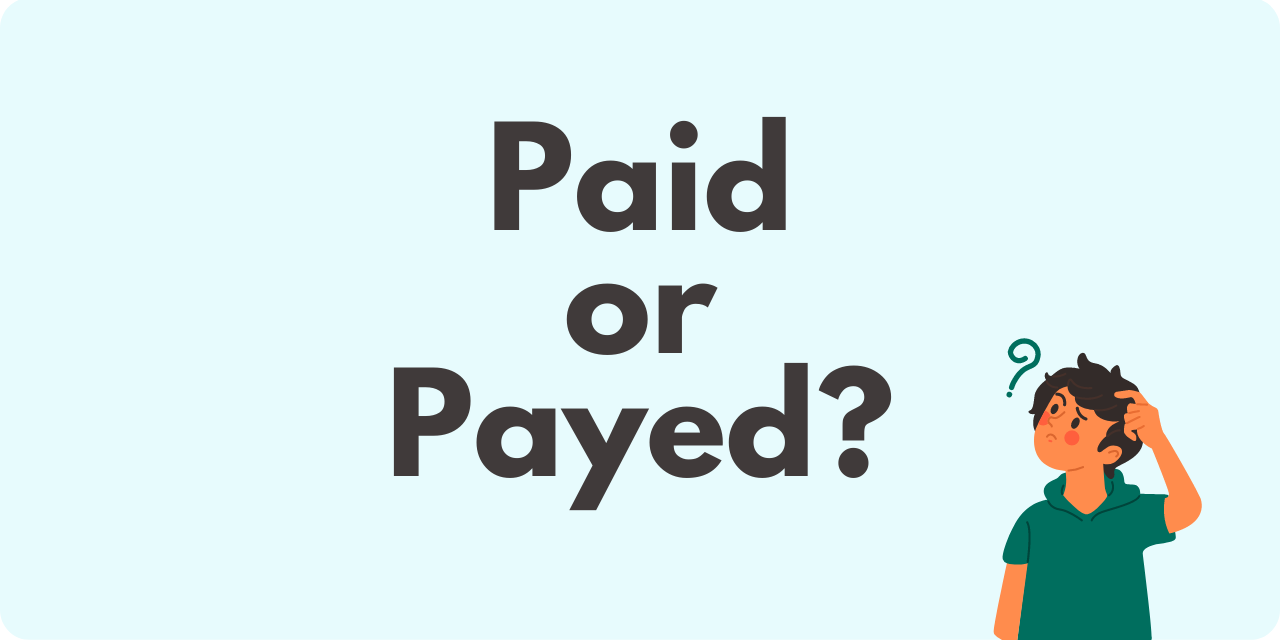Ever got stuck scratching your head about whether its follow up, follow-up, or followup? Let’s shed some light here:
- “Follow up” is a verb form meaning the act of checking on something or pursuing further examination on a topic.
- “Follow-up” is a noun form describing a circumstance where someone further investigates an earlier situation or incident.
- “Follow-up” can also function as an adjective to clarify that the noun it modifies relates to an earlier event.
- Followup is an incorrect form that people sometimes use in place of either of the two proper usages of the phrase.
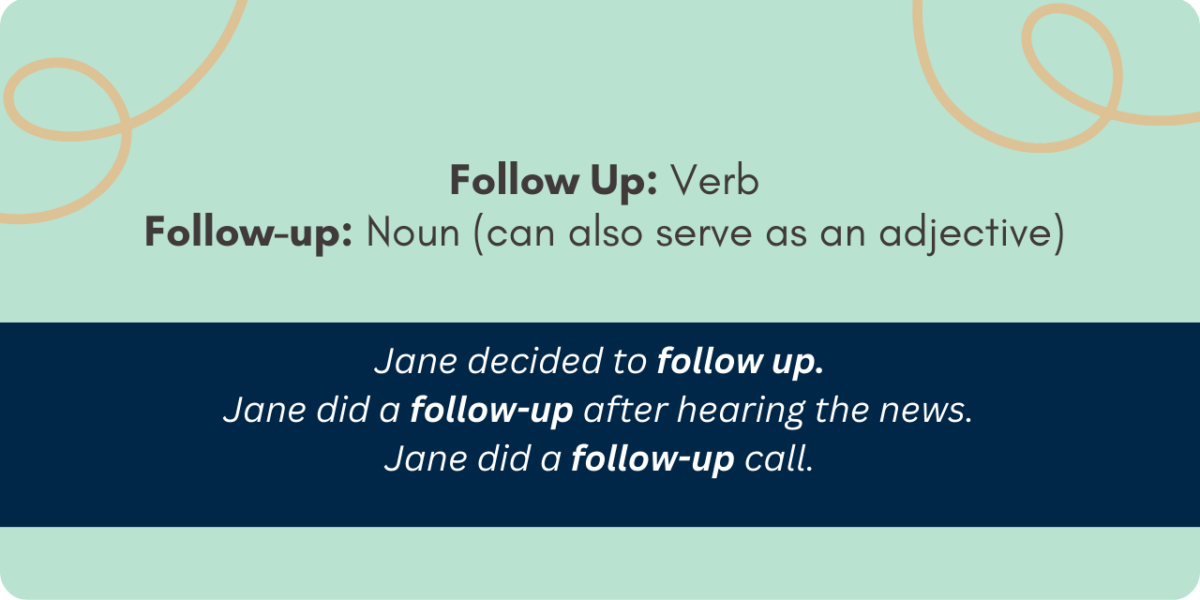
A hyphen joins two words or parts of words together, designating an intimate relationship between those words by unifying them as a single unit. This can help differentiate words from one another and clarify meanings, but determining whether or not a hyphen is necessary can be quite a challenge, especially since the rules change over time.
Many words that were once grammatically correct with the inclusion of a hyphen are no longer so, triggering many spellcheck programs and invoking confusion and irritation among wordsmiths. To make matters worse, in a few rare cases, not only is it proper to combine some phrases with or without a hyphen, doing so can change the part of speech of the word. As a result, adding a hyphen can be right or wrong, depending on how you use the phrase.
One such example is “Follow up” and “Follow-up,” which, at first glance, seems like a situation where the hyphen is optional. However, this is not the case. Adding turmoil to a confusing situation, “followup” often appears in writing, running the words together without a space or hyphen.
However are we to use these phrases?
Let’s Begin with “Follow Up”
When you see the phrase “follow up” without a hyphen, it should indicate that an action is taking place, one in which the subject is checking up on something that took place previously. As an action, this phrase functions as an action verb and acts as one, even though it includes both a verb (action) and a preposition (up).
This situation is more common than you may think, and you likely use two-word verbs regularly.
Here are some other examples:
- Turn up
- Bring about
- Give away
- Hand in
- Set aside
- Push over
- Take over
- Think through
- Check up
Now, since this phrase acts as a verb, we know that it will take a subject, and that subject will be investigating something that took place previously. The verb’s infinitive form (base form) is “to follow up,” so like other verbs, it can change to tell us who did the action and when it took place. However, in two-word verb conjugations, the changes only affect the verb itself rather than the preposition – in this case: “follow.”
- Victor and Emma performed a suspect interrogation and later followed up on the information he gave.
Notice that the verb form has changed to the past tense to reflect the past tense. In this situation, there was a previous circumstance (the suspect provided information) that the two detectives are pursuing further (verifying that this knowledge is true or taking other actions related to what they have learned).
- Paul, Michaela reported that zombies were attacking the western gate this morning; will you follow up on that?
The previous event was the zombie attack earlier in the day, and now the speaker is sending Paul to learn more information about that situation. In all instances of proper usage, someone or something will engage with a previous scenario to learn more or act upon it.
- Angie was following up on Greg’s patient when he bit her.
This is a particularly fun sentence because it is ambiguous. Did the patient bite Angie, or was it Greg? In either case, there is a previous scenario (Greg has been treating the patient) and further action on the topic (Angela is checking that progress). The verb form changes to “following” because this is the past progressive form of the verb, showing that it was an action in progress at some point in the past.
Of course, this incident may be considerably more dire if this took place in Paul and Michaela’s base of operations from the earlier sentence because, you know, zombies.
We’ll Follow Up with “Follow-Up”
While the hyphen changes the part of speech from verb to either noun or adjective, depending on its usage, the meaning still relates to checking up on a past development. Now, instead of referring to the action itself, the phrase either introduces “follow up” as a thing (noun), i.e., an act of following up, or informs the reader or listener that a noun is in some way related to the action of following up (adjective).
This will make more sense when we consider the following examples.
“Follow-up” as a Noun
First, we will evaluate how “follow-up” can be used as a noun (person, place, thing, or idea).
- Once Jalilah heard that Lilianne was dating Jim, he immediately performed a follow-up.
The problem with the phrase functioning as a noun is that it, like whoever bit Angie earlier, is ambiguous. It feels as though “follow-up” should function as an adjective and that a noun should follow, explaining exactly how Jalilah followed up on this tasty gossip. Instead, we are left to our own devices, trying to decide if he called one of the two in question or stopped by in person to learn more.
- The burly surgeon asked his nurse to perform a follow-up an hour after the operation.
This is another situation where the noun “follow-up” could easily become an adjective adding a noun to clarify, such as “interview,” “examination,” “analysis,” or any other appropriate word to describe what actions she would take as part of the experience. As it stands, all we know is that she will do something with the patient now that the original incident (the surgery) is over.
“Follow-up” as an Adjective
As you may have surmised, for “follow-up” to function as an adjective, it needs to modify or describe a noun. This usage is more satisfying because it provides additional details, leaving less to the imagination.
- After the disturbing incident, the detective took the suspect into the follow-up room.
While the sentence itself provides a tantalizing hook about something disturbing but doesn’t follow through with juicy details, we know precisely how “follow-up” works here. It describes the noun “room,” implying that this police headquarters has a special place people can go to take further action or learn more information about a preceding event.
- When Barkley’s teeth fell out after a visit to the dentist, the office scheduled a follow-up<span data-preserver-spaces=”true”> examination.
Poor Barkley. While this sounds like a damage-control type of situation, we know that the noun “examination” takes place in response to an earlier visit and, more appropriately, what happened after that appointment.
Where Does “Followup” Fit In?
Following up with this follow-up may be a bit anticlimactic. You may be looking forward to learning how running the two words together creates a new and magnificent meaning, but this form is often considered grammatically incorrect. People often use it because they do not fully understand how to use a two-word verb phrase (or this one in particular), and they may have seen it appear this way before.
Nonetheless, you should avoid this construction entirely if you are a devotee of proper writing (that’s why you’re here, right?). Instead, focus on ensuring you use the hyphen (or not) to dictate the proper part of speech.

